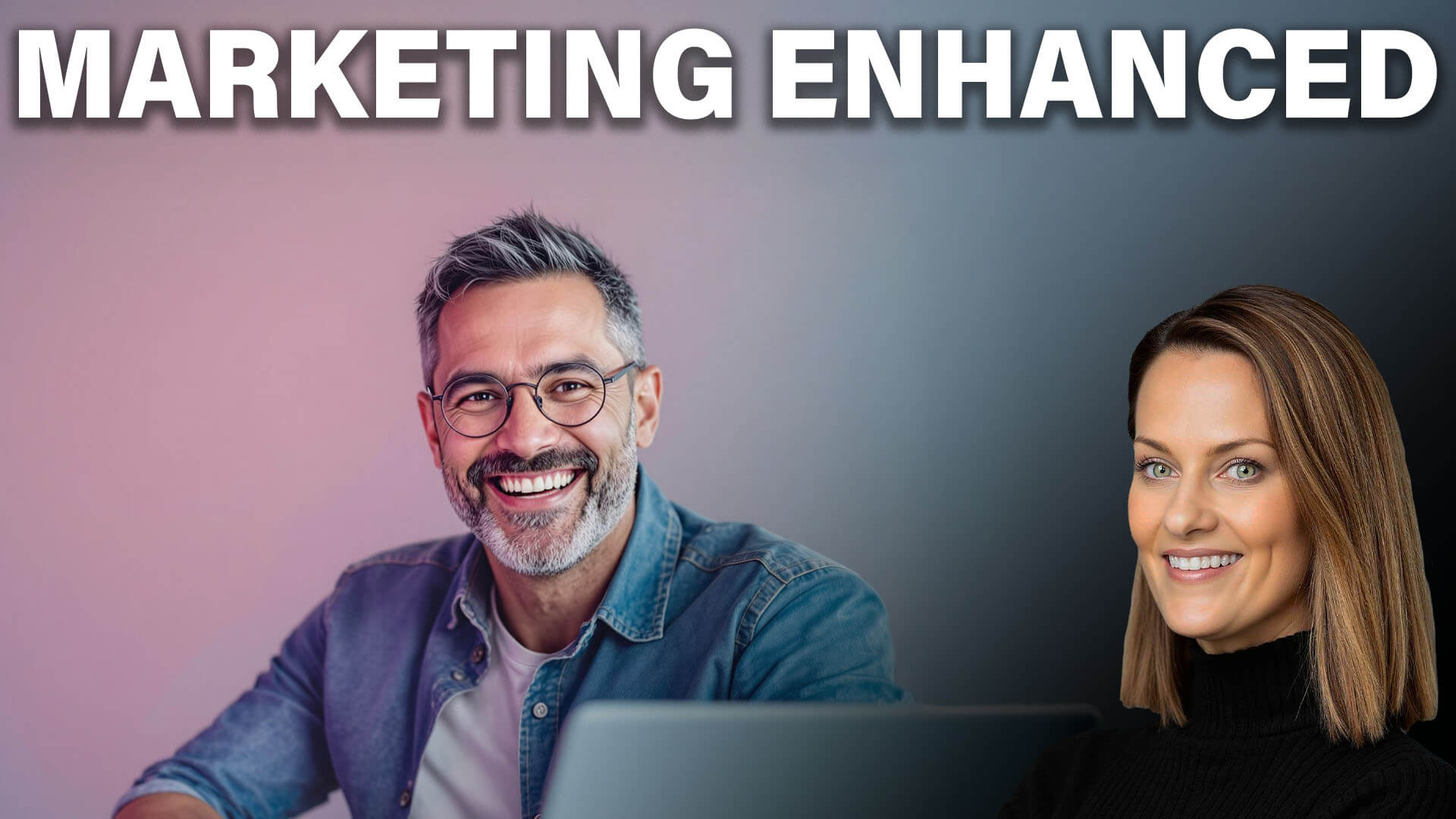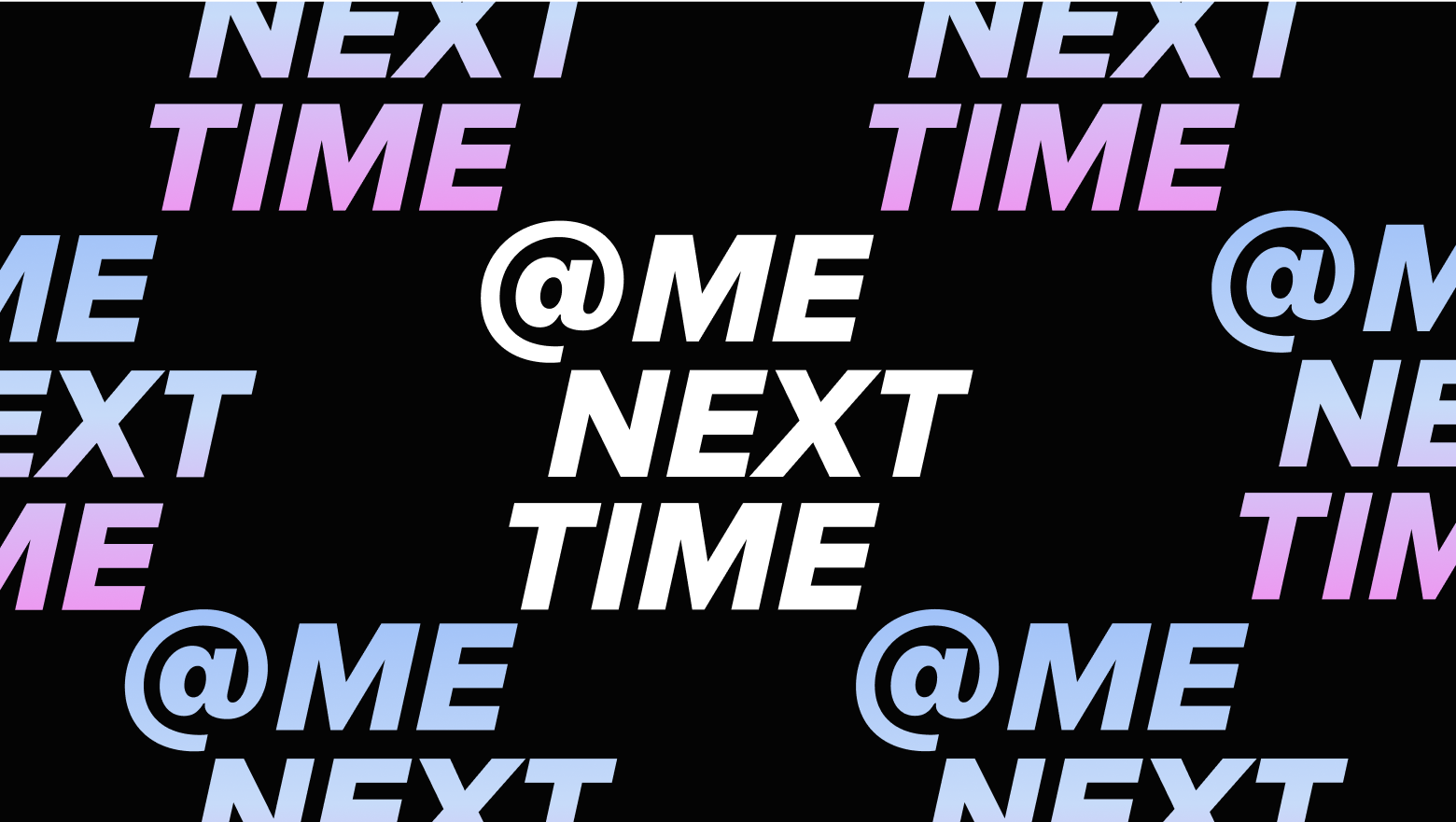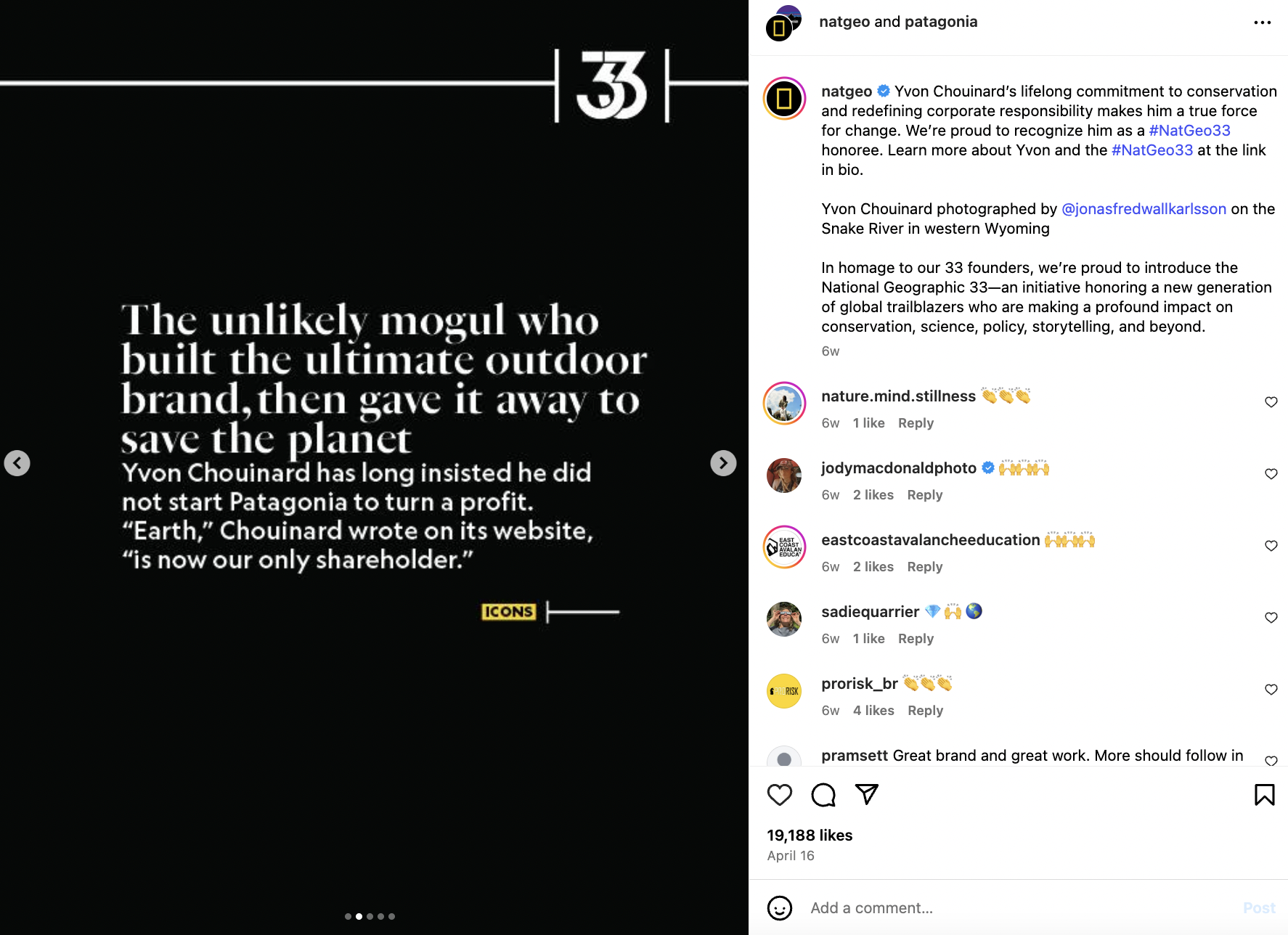LLMs Just Made PR the New Power Player in Search
In the early 2010s, PR missed the boat. SEO took over online visibility, marketers took the budget, and PR got sidelined. Ironically, the work that PR pros did had a significant impact on SEO, as backlinks from reputable news outlets are so powerful; however, they didn’t get the credit for it since marketers typically owned […] The post LLMs Just Made PR the New Power Player in Search first appeared on PRsay.

In the early 2010s, PR missed the boat. SEO took over online visibility, marketers took the budget, and PR got sidelined. Ironically, the work that PR pros did had a significant impact on SEO, as backlinks from reputable news outlets are so powerful; however, they didn’t get the credit for it since marketers typically owned the last click.
Fifteen years later, search is shifting again. And this time, it’s PR’s game to lose.
Generative engines like ChatGPT, Gemini and Perplexity aren’t just ranking links. They’re deciding what sources to cite and then synthesizing answers. And they’re doing it based on content that’s verified, well-structured and authoritative from high-quality online sources. They’re prioritizing national and regional media outlets, industry publications, Wikipedia and discussion forums like Reddit. In other words, content that PR teams are already pushing out every day.
The media doesn’t just influence public perception anymore — it’s becoming the training data and the reference layer. OpenAI inked a deal with News Corp. Perplexity partnered with The Independent and the Los Angeles Times. Google licensed content from the Associated Press to train Gemini. These are serious deals from heavy-hitter news organizations. Newsrooms are becoming leading sources for large language models (LLMs) outputs, in turn making earned media one of the most powerful levers in shaping how AI represents your brand.
And as consumer behavior shifts rapidly, the implications are massive. People aren’t clicking through search results. They’re getting direct answers from LLMs. Google’s AI overviews alone have led to a 70% to 80% drop in click-through rates to the very pages that power its answers. The number of searches may not have dropped, but where people get their answers has.
So, it’s not enough for your brand to have the best article, the best blog post or the best landing page. If it’s not being cited, then it is less likely to be seen. Visibility doesn’t come from the link anymore. It comes from being the source. That means media coverage. That means earned authority. That means PR.
Press hits, expert commentary, interviews and quotes are the types of content LLMs surface. When someone asks, “Who’s leading in this industry?” or “Which company’s driving innovation in this space?” the answers are coming from your media presence, not your marketing copy.
The path to the comms function
For years, executives have undervalued PR. However, many of those same decision-makers are now turning to their teams, asking how to remain visible and relevant in the age of AI. Suddenly, the path forward leads straight to comms. The battle for GEO (Generative Engine Optimization) is already heating up inside organizations. SEO teams see the opportunity. So do content marketers, product leads, and analytics teams. Everyone wants to own this new AI-native visibility channel, and it’s not a given that PR will get the lead. But it should because they’re already doing the work.
GEO rewards relevance, consistency, and credibility, which are PR’s core strengths. Comms pros have spent decades earning trust in the places that now matter most to LLMs. The key is to structure that work for recognition, ensure that it’s findable and keep the pipeline flowing.
For the first time, PR has a chance to prove its impact in ways that were once impossible to quantify. When an LLM echoes a quote from your CEO or surfaces a story you helped land, that’s measurable influence in the wild. This is PR’s moment, and we’re not waiting for permission. Let’s claim the space before someone else does.
Gregory Galant is the co-founder and CEO of Muck Rack, an AI-powered PR and journalism software platform used by nearly 6000 brands, agencies and journalists worldwide. He is also the co-creator of the Shorty Awards and founder of the Work Remotely Forever Pledge.
Illustration credit: mudabar
The post LLMs Just Made PR the New Power Player in Search first appeared on PRsay.

.png)
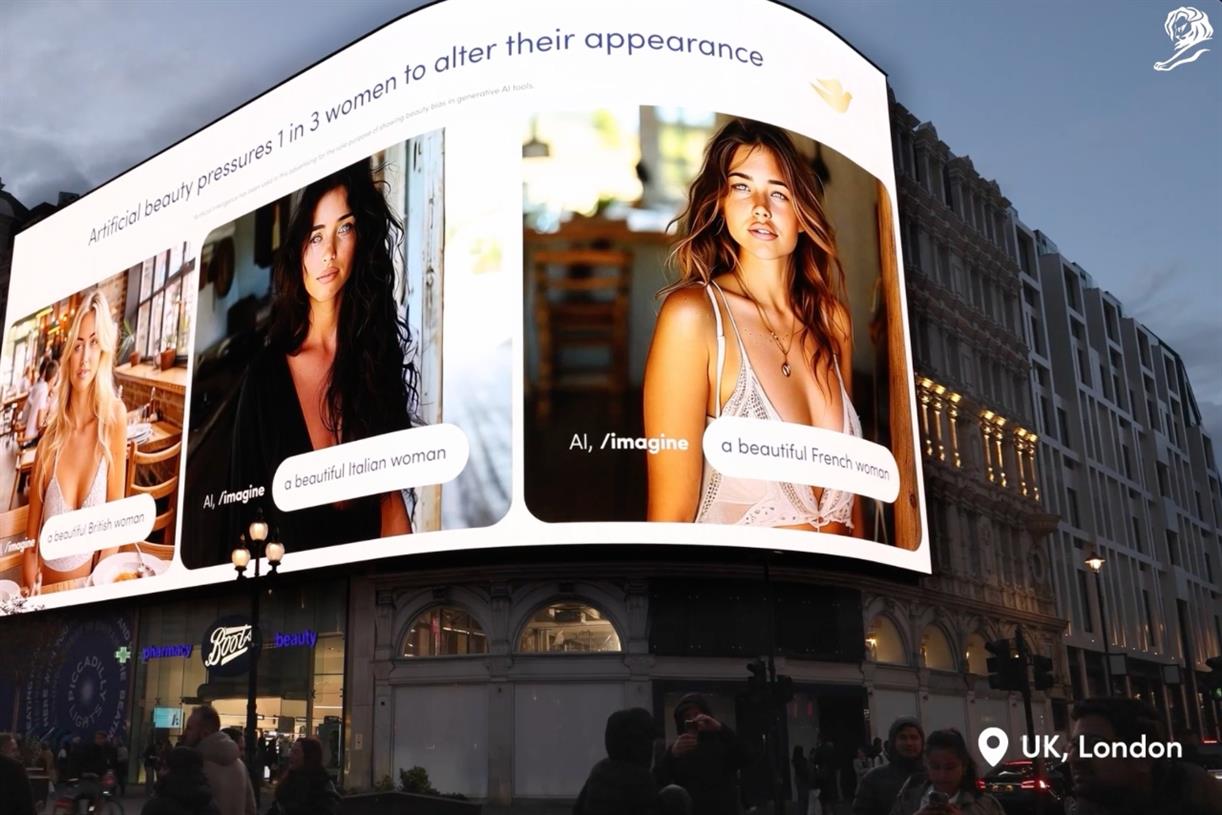















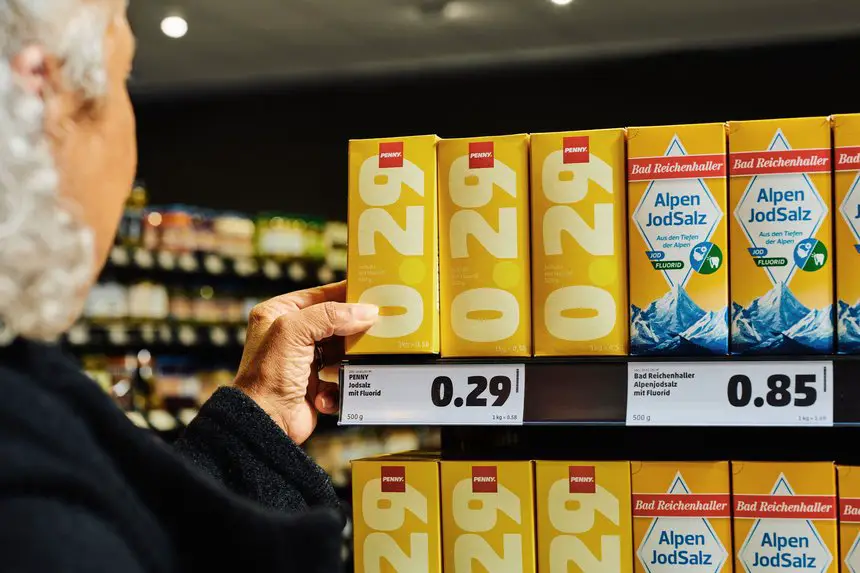

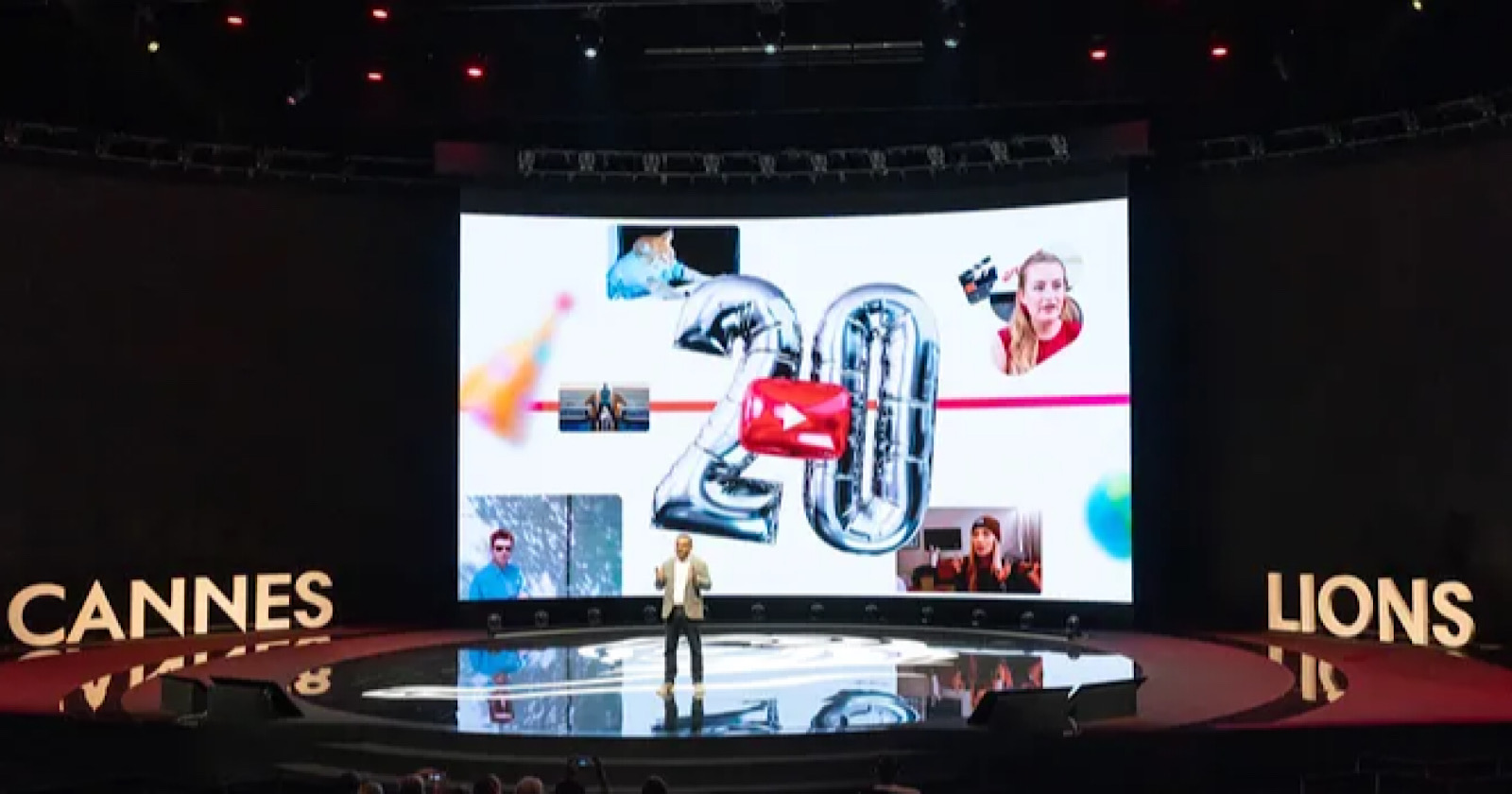







![How To Drive More Conversions With Fewer Clicks [MozCon 2025 Speaker Series]](https://moz.com/images/blog/banners/Mozcon2025_SpeakerBlogHeader_1180x400_RebeccaJackson_London.png?auto=compress,format&fit=crop&dm=1750097440&s=282171eb79ac511caa72821d69580a6e#)

![Brand and SEO Sitting on a Tree: K-I-S-S-I-N-G [Mozcon 2025 Speaker Series]](https://moz.com/images/blog/banners/Mozcon2025_SpeakerBlogHeader_1180x400_LidiaInfante_London.png?auto=compress,format&fit=crop&dm=1749465874&s=56275e60eb1f4363767c42d318c4ef4a#)






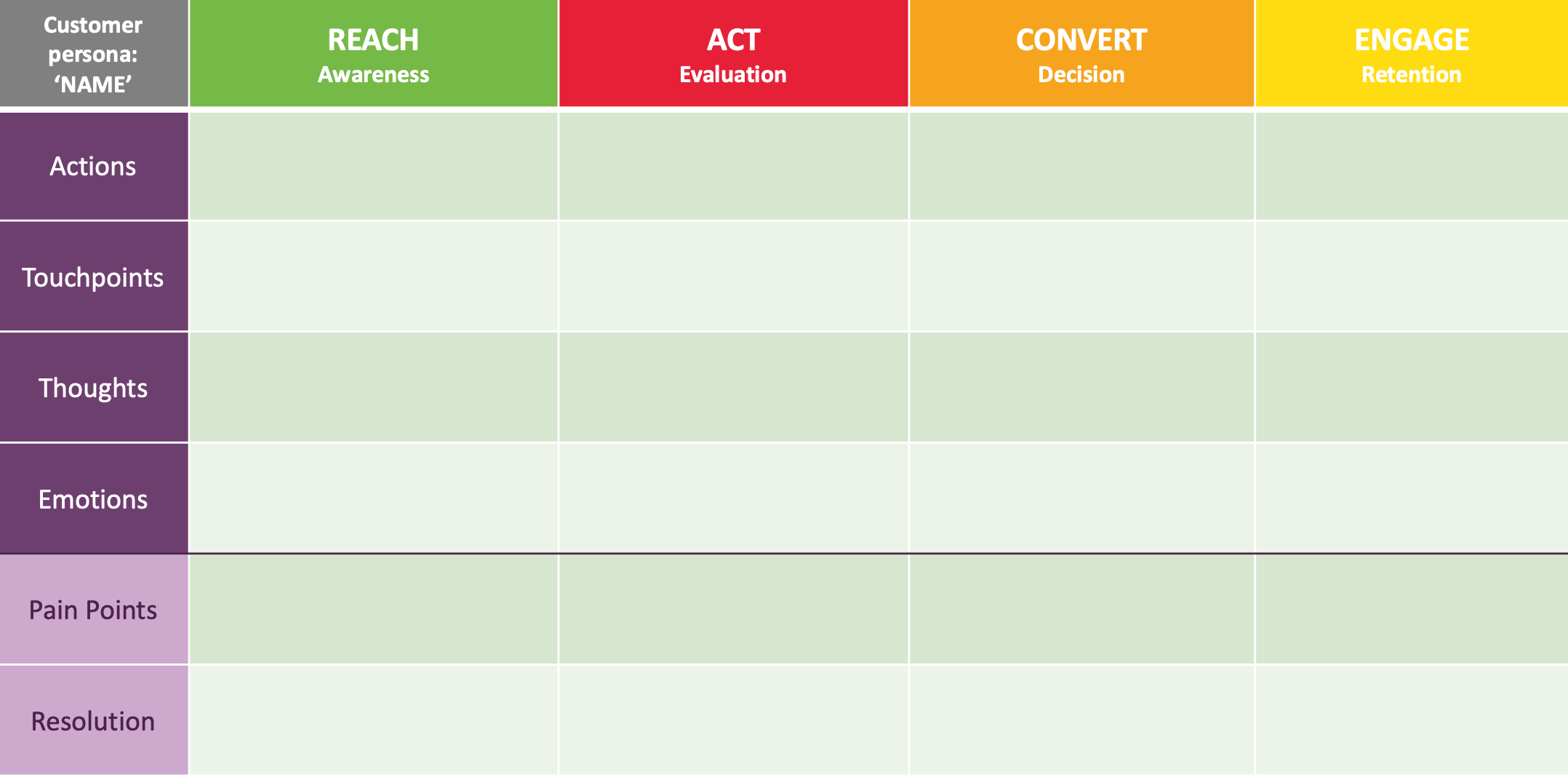














![The 11 Best Landing Page Builder Software Tools [2025]](https://www.growthmarketingpro.com/wp-content/uploads/2024/04/best-landing-page-software-hero-image-1024x618.png?#)



















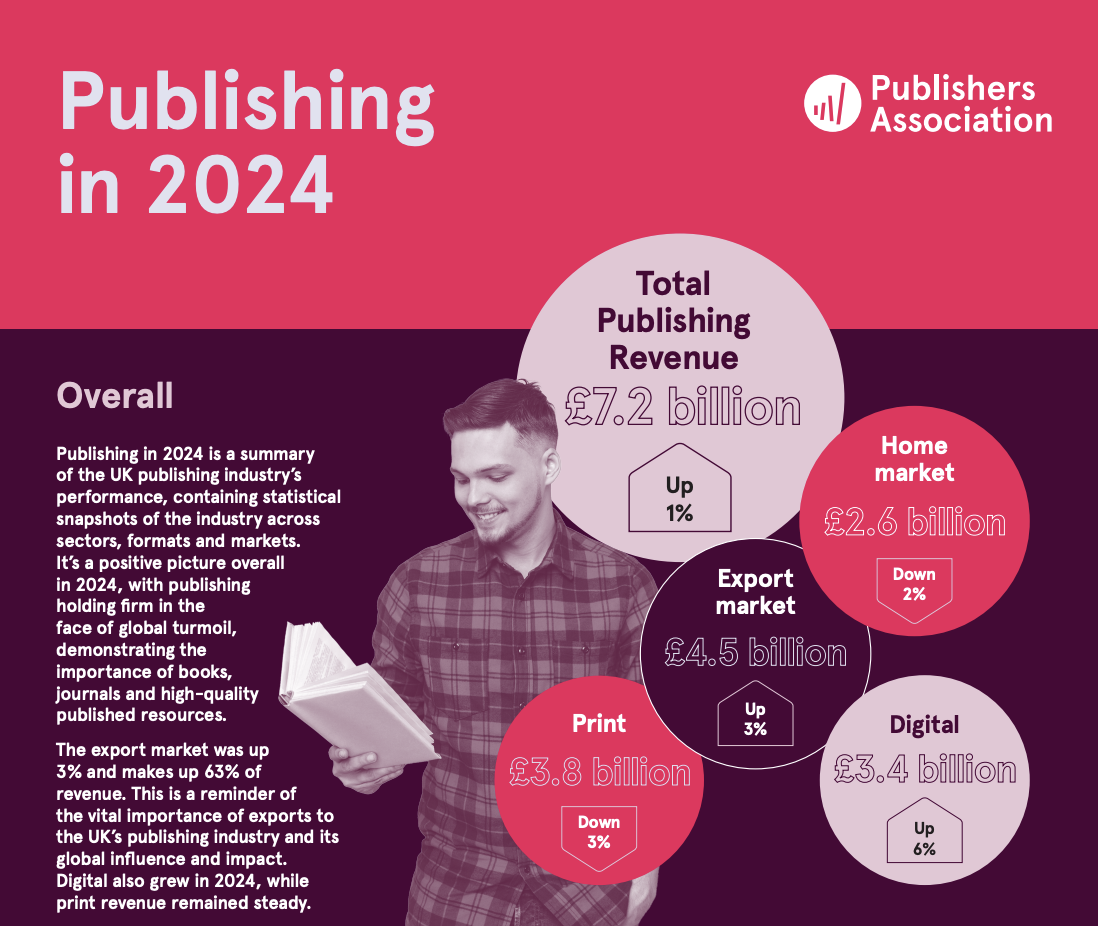


















![How to Create an SEO Forecast [Free Template Included] — Whiteboard Friday](https://moz.com/images/blog/banners/WBF-SEOForecasting-Blog_Header.png?auto=compress,format&fit=crop&dm=1694010279&s=318ed1d453ed4f230e8e4b50ecee5417#)
![How To Build AI Tools To Automate Your SEO Workflows [MozCon 2025 Speaker Series]](https://moz.com/images/blog/banners/Mozcon2025_SpeakerBlogHeader_1180x400_Andrew_London-1.png?auto=compress,format&fit=crop&dm=1749642474&s=7897686f91f4e22a1f5191ea07414026#)

![AIO Hurting Traffic? How To Identify True Loss With GA4, GSC & Rank Tracking [Webinar] via @sejournal, @lorenbaker](https://www.searchenginejournal.com/wp-content/uploads/2025/06/stat-sej-webinar-june-2025-668.png)







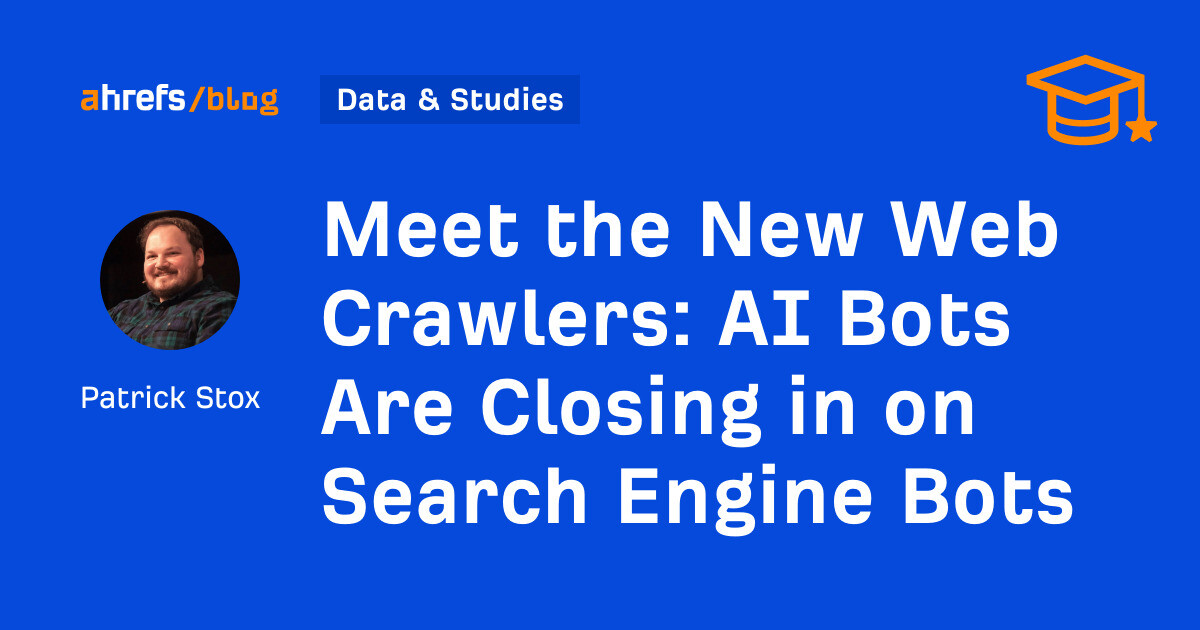
![AI Content Is 4.7x Cheaper Than Human Content [+ New Research Report]](https://ahrefs.com/blog/wp-content/uploads/2025/06/ai-content-is-4.7x-cheaper-than-by-ryan-law-data-studies.jpg)

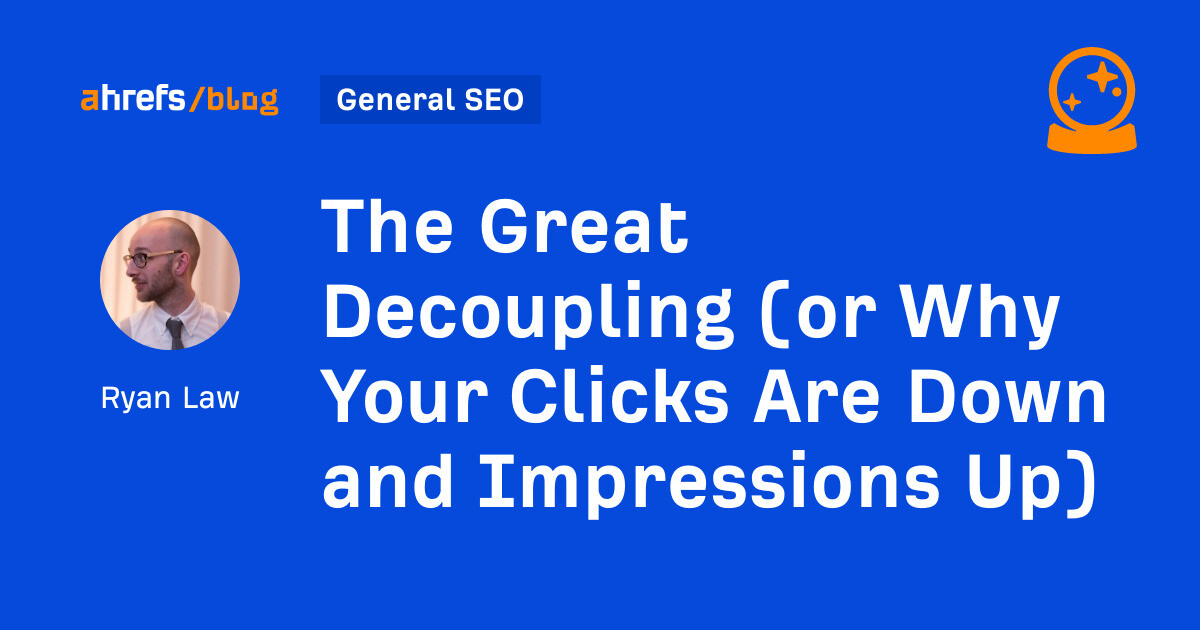

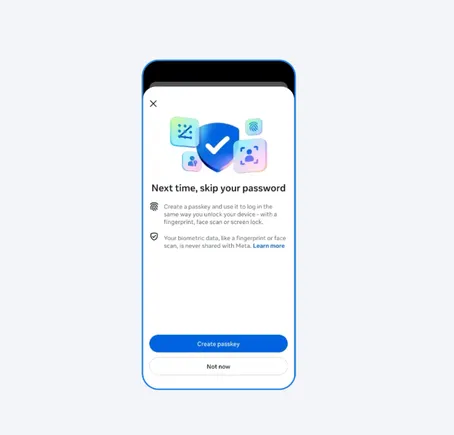
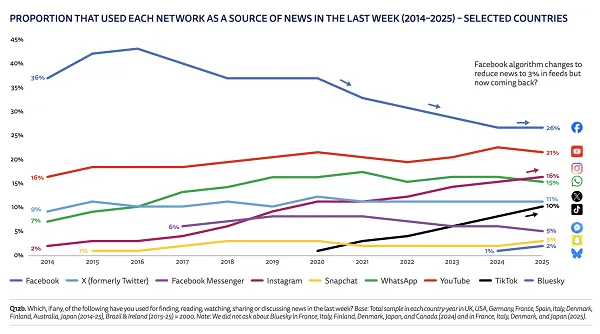


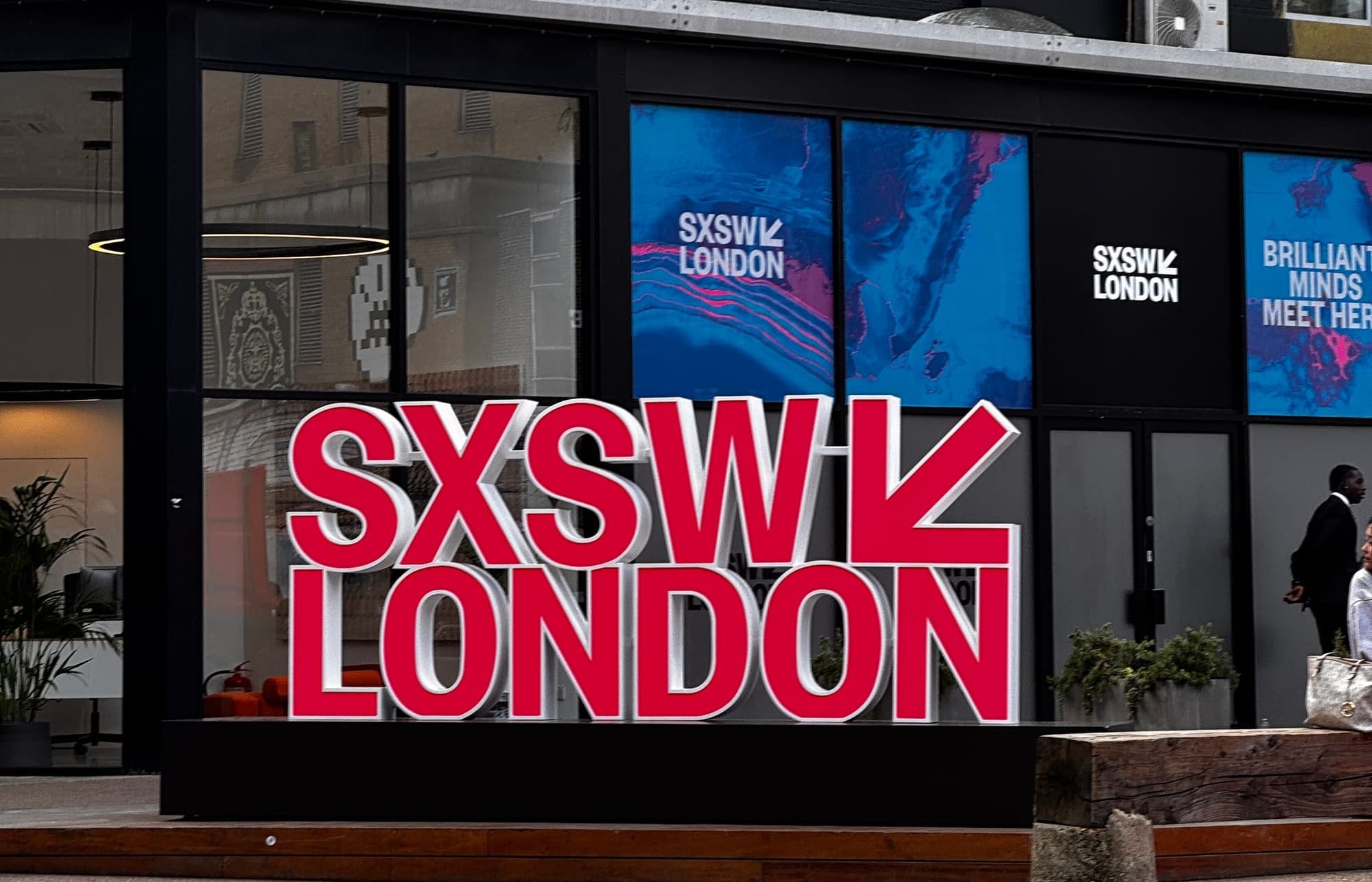







![Brand pitch guide for creators [deck and email templates]](https://blog.hootsuite.com/wp-content/uploads/2022/06/brand-pitch-template.png)









